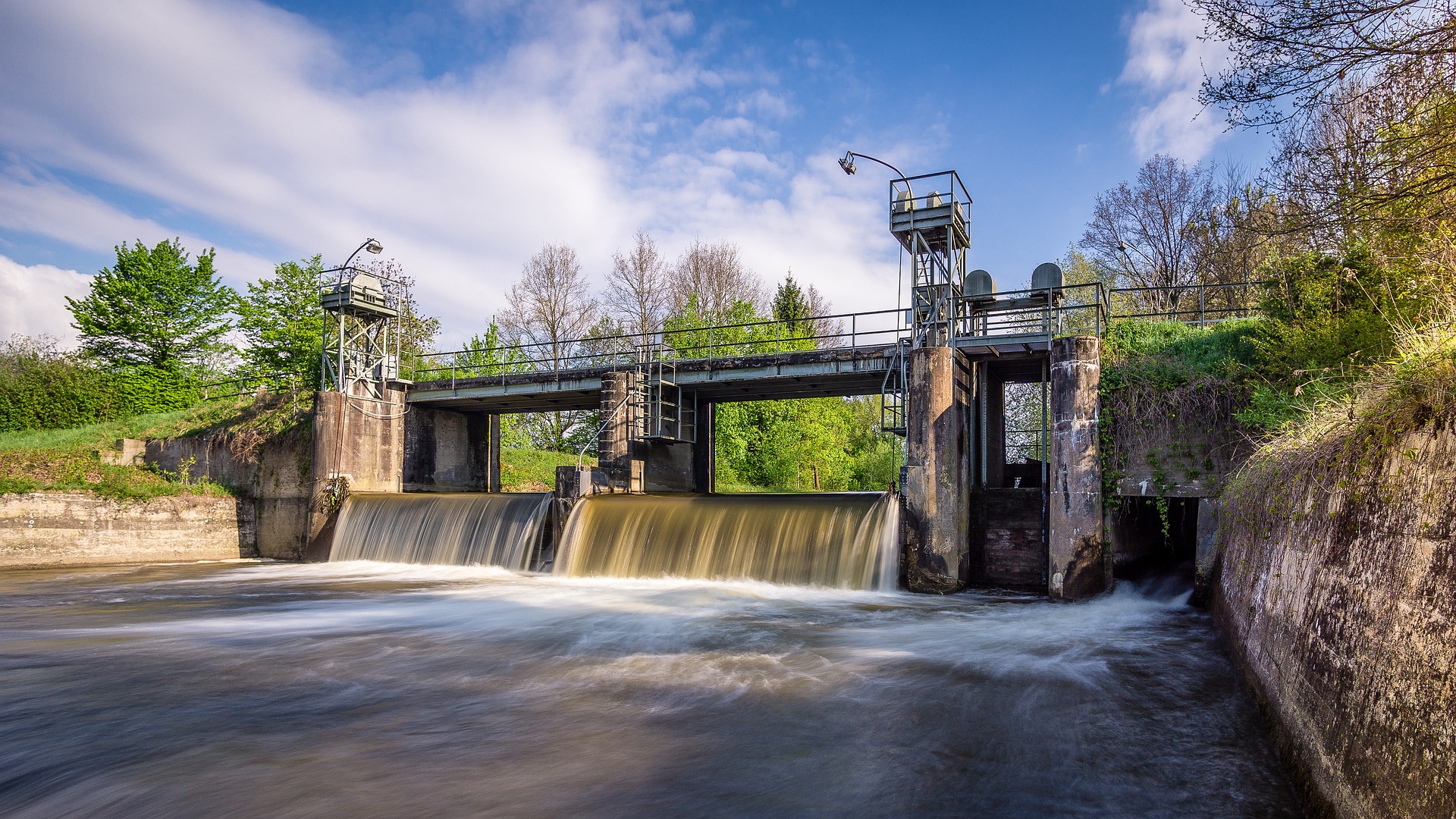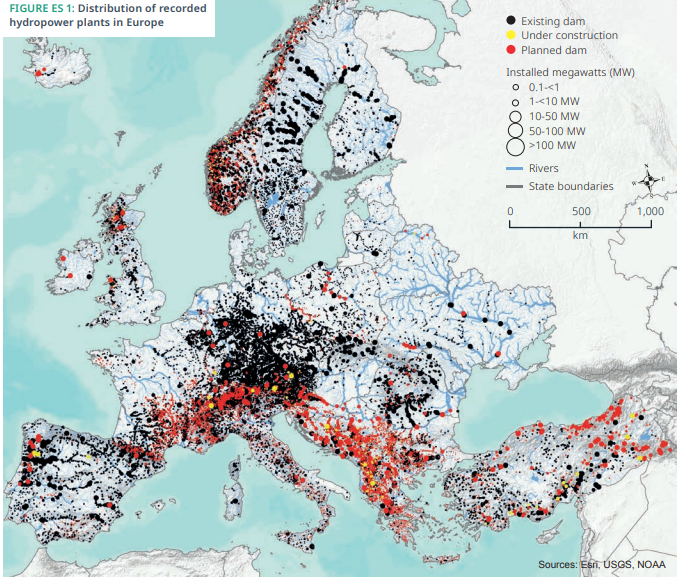REPowerEU revision of the Renewable Energy Directive and hydropower
Briefing paper
October 2022

The Commission’s ‘REPowerEU’ package of initiatives presented in May 2022 including the proposal to further amend the EU Renewable Energy Directive (RED) has brought a timely response to the need to accelerate renewable energy deployment, through the setting of a higher EU renewable energy target and the designation of ‘go-to areas’ for renewable energy deployment. The package neither included specific initiatives related to hydropower, nor excluded hydropower from the scope of those initiatives. However, the EC proposals have already had some effect in driving hydropower deployment, with a number of Member States (and developers) either announcing new hydropower projects or trying to reintroduce some controversial ones , including foreseeing public financing under Member States' recovery and resilience plans (RRPs).
However, a new hydropower boom is neither a desirable nor strategic approach to improve the EU’s energy security as has been advocated by more than 150 CSOs. Building new hydropower plants is an increasingly unreliable solution to produce electricity in the face of rising climate change impacts , as shown by sharp drops in hydroelectricity production in the summer 2022. These concerns come on top of the significant adverse environmental and social impacts of hydropower that also limit our resilience to climate crisis. Because of a combination of factors including cost models, climate projections, public acceptance, and impacts on biodiversity, NGO-led scenarios for achieving climate neutrality at EU and national levels, foresee no further hydropower expansion across the EU.

Policy-makers in the European Parliament and Council should therefore:
- Exclude new or revamped hydropower projects from the ‘go-to areas’ and streamlined permitting under the amended Renewable Energy Directive
- Ensure that ‘go-to areas’ for other technologies exclude migratory corridors for freshwater and diadromous fish and, unless the renewable energy technology to be deployed is compatible with the planned nature protection and restoration, areas foreseen for nature restoration under the proposed Nature Restoration Law including free-flowing rivers;
- Delete the general presumption of overriding public interest for all renewable energy projects, as, in the case of hydropower, this goes against the existing case law on the provisions of the Water Framework Directive and the Birds and Habitats Directives.
- As a consequence, any amendments to the Recovery and Resilience Facility Regulation to integrate dedicated REPowerEU chapters in Member States' existing recovery and resilience plans (RRPs) should not prioritise any further investments in new or in revamped hydropower projects.
Download and read the complete briefing here